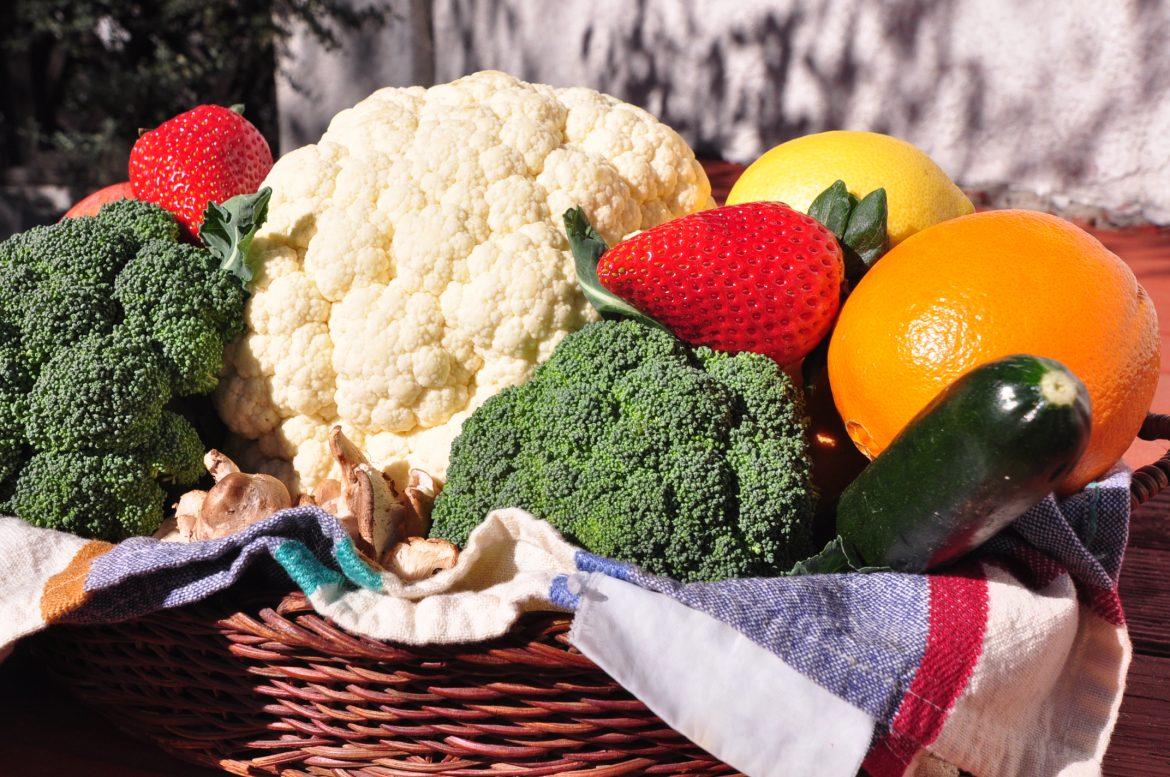When it comes to the language of food, foodies love tossing around three-dollar words like organic, free-range, farm-to-table, non-GMO and sustainable produce — but it’s all bullshit. We live in a world where pseudo-words apparently have more context than those from which they are derived. This alphabet mash-up has bastardized the English language, reducing it to a series of Urban Dictionary-esque definitions and Twitter status updates. As a result, the language of food is commonly misconstrued, altered or re-branded to fit consumer needs.
The term sustainable produce, or sustainable agriculture, was first penned by the Australian agricultural scientist Gordon McClymont. In the agricultural context, sustainability refers to the holistic production and farming of food in relation to the livelihood of humans. McClymont believes that it is the farmer’s responsibility to grow and maintain a healthy, renewable food source, without significant detriment to the ecosystem.
Food for thought: Organic foods can still contain pesticides and chemicals and be classified as organic. The difference is that certified organic foods are treated with natural, plant-based fertilizers and pesticides, instead of manufactured chemicals. However, natural pesticides are not always safer, as many of these substances commonly contain naturally occurring carcinogens.





